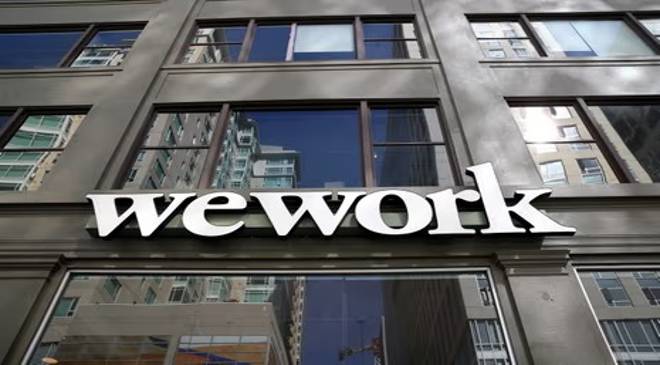WeWork, the SoftBank Group-backed startup whose meteoric rise and fall reshaped the office sector globally, sought U.S. bankruptcy protection on Monday, after its bets on companies using more of its office-sharing space soured.
Read More : GSK hikes outlook after launch of new RVS vaccine – despite reduction in Covid sales
The move represents an admission by SoftBank, the Japanese technology group that owns about 60 percent of WeWork and has invested billions of dollars in its turnaround, that the company cannot survive unless it renegotiates its pricey leases in bankruptcy. Profitability has remained elusive as WeWork grapples with its expensive leases and corporate clients cancelling because some employees work from home.
Paying for space consumed 74 percent of WeWork’s revenue in the second quarter of 2023. The company reported estimated assets and liabilities ranging from $10 billion to $50 billion, according to a bankruptcy filing. “WeWork could use provisions of the U.S. bankruptcy code to rid itself of onerous leases,” law firm Cadwalader, Wickersham & Taft LLP said in a note to landlords on its website in August. Some landlords are bracing for a significant impact. Under its founder Adam Neumann, WeWork grew to be the most valuable U.S. startup, worth $47 billion.
Read More : The best smart home gadgets for your first apartment
It attracted investments from bluechip investors, including SoftBank and venture capital firm Benchmark, as well as the backing of major Wall Street Banks, including JPMorgan Chase. Neumann’s pursuit of breakneck growth at the expense of profits, and revelations about his eccentric behavior, led to his ouster and the derailment of an initial public offering in 2019.
SoftBank was forced to double down on its investment in WeWork, and tapped real estate veteran Sandeep Mathrani as the startup’s CEO. In 2021, SoftBank cut a deal to take WeWork public through a merger with a blank-check acquisition company at an $8 billion valuation. READ: WeWork Files for Public Listing at a Valuation of $47 Billion WeWork managed to amend 590 leases, saving about $12.7 billion in fixed lease payments.
But this was not enough to compensate for the fallout from the COVID-19 pandemic, which kept office workers at home. Many of its landlords, who were also feeling the squeeze, had little incentive to give WeWork a break on the terms of their leases.
Read More :7 Best Passive Income Ideas To Increase Your Monthly Cash Flow
While WeWork had some success in signing up large conglomerates as clients, many of its customers were startups and smaller businesses, which cut their spending as inflation soared and economic prospects soured. Adding to WeWork’s woes was competition from its own landlords. Commercial













































